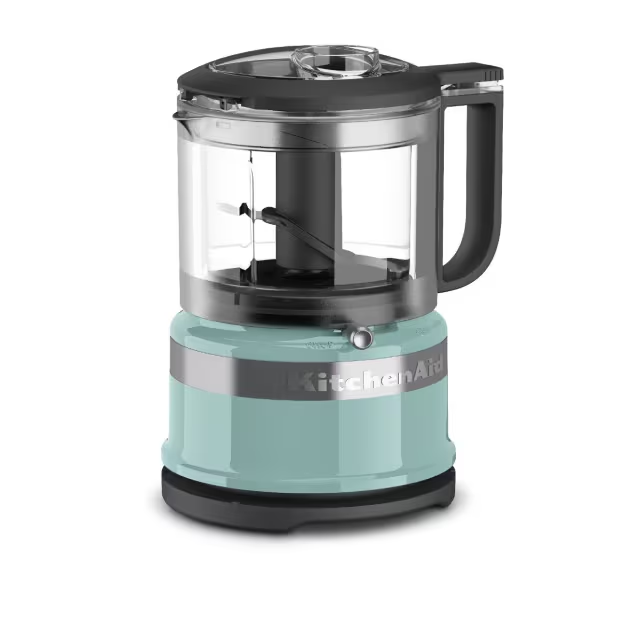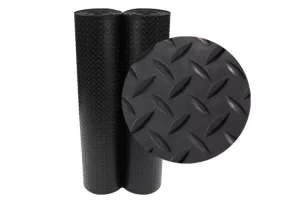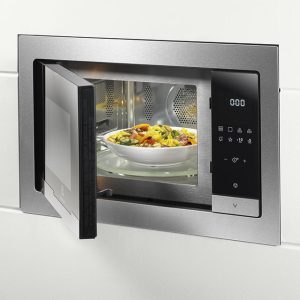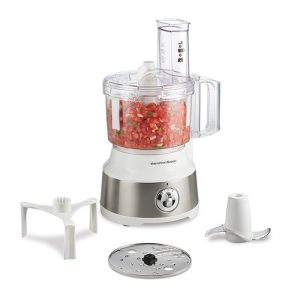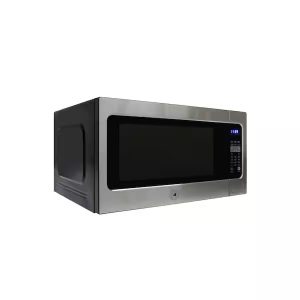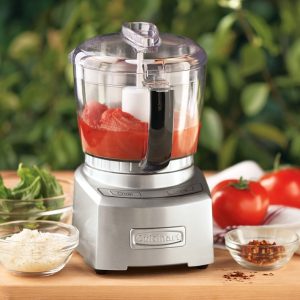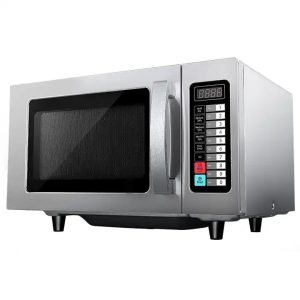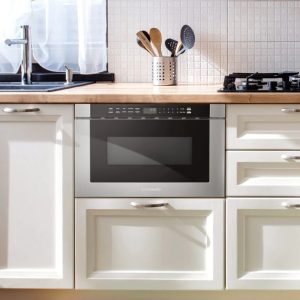Light bars are essential components for various applications. From emergency vehicles to off-road trucks, light bars are used to illuminate the area and provide additional safety. With so many different types and styles of light bars available in the market today, it can be challenging to choose the right one for your needs. In this article, we will discuss the things you need to consider when choosing the right light bar for your vehicle.

Size and Shape
The size and shape of the light bar you choose will depend on the type of vehicle you own and the application you intend to use it for. For example, if you own a truck or an SUV, you may want to choose a larger light bar that can cover a larger area. On the other hand, if you own a smaller vehicle, you may want to choose a smaller light bar that is more compact and easier to mount.
The shape of the light bar is also important. You can choose from a curved or a straight light bar. Curved light bars are designed to provide a wider beam angle and are ideal for off-road use. Meanwhile, straight light bars are more focused and provide a narrower beam angle, making them perfect for use on highways and city streets.
Brightness and Light Output
The brightness and light output of the light bar are also important factors to consider. The brightness is measured in lumens and the higher the lumens, the brighter the light bar. When choosing a light bar, consider the environment in which you will be using it. If you will be using it in areas with low light conditions, you may want to choose a light bar with a higher lumen output.

The light output of the light bar will depend on the number of LEDs it has. The more LEDs a light bar has, the brighter its light output will be. However, it’s important to remember that a light bar with a higher light output may consume more power, so you need to ensure that your vehicle’s electrical system can handle the extra load.
Beam Pattern
The beam pattern of the light bar is also essential to consider. There are three main types of beam patterns: flood, spot, and combination. Flood beam patterns are designed to provide a wider beam angle and are ideal for illuminating large areas. Spot beam patterns, on the other hand, are more focused and provide a narrower beam angle, making them perfect for long-range visibility. Combination beam patterns offer a mix of both flood and spot beams, making them ideal for off-road use.
Durability
When choosing a light bar, you need to ensure that it is durable enough to withstand harsh environments. Look for light bars that are made from high-quality materials and are designed to withstand extreme temperatures, dust, and moisture. It’s also important to choose a light bar that is resistant to vibration and shock, especially if you will be using it on rough terrain.
Mounting Options
Finally, consider the mounting options available for the light bar. Some light bars come with mounting brackets, while others require you to purchase mounting accessories separately. When choosing a mounting option, consider the ease of installation and the accessibility of the light bar. You may also want to consider the aesthetics of the mounting option, especially if you want your light bar to complement the overall look of your vehicle.
In conclusion, choosing the right light bar for your vehicle depends on several factors, such as size and shape, brightness and light output, beam pattern, durability, and mounting options. By considering these factors, you can ensure that you choose a light bar that meets your needs and provides the illumination and safety you require.
